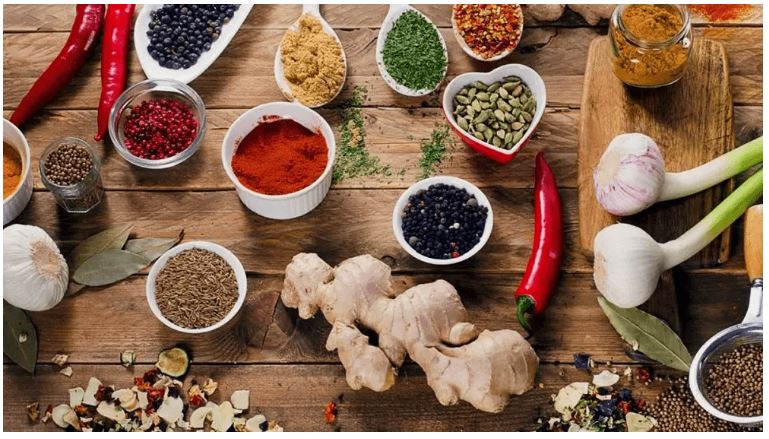Spice industry: supermarkets full of Thai products, Vietnam’s specialties lose home market
The spice market worldwide is worth $19 billion, but Vietnamese companies have only a small market share.
In 2004, Ong Thi Kim Ngan, deputy director of Thanh Ha Fish Sauce, attended international trade fairs to introduce Phu Quoc fish sauce, a specialty of the family-run company.
When Ngan went abroad to promote trade, she found that Vietnam’s Phu Quoc fish sauce brand was being used by Thai businesses. At that time, all fish sauces with Phu Quoc brand were labeled ‘Made in Thailand’. The information on the label was written in Vietnamese, with spelling mistakes.
Later, the situation became better as Phu Quoc fish sauces got a certificate of origin in Europe, but counterfeiting continued.
Thai people also make pho (noodle soups served with beef, chicken, etc…) and goi cuon (fresh spring rolls), traditional Vietnamese specialties. The products are seen as ‘ready to cook’ and ‘ready to eat’.
Phan Minh Thong, Chair of Phuc Sinh Group, said that coffee lovers around the world know Columbia and Lavazza coffee, but they may not know that 70 percent of Lavazza’s coffee is bought from Vietnam.
He noted that Vietnam’s businesses are still reluctant to “pack their bags and go to the world” to learn about production methods and branding. They travel abroad in big groups, but just have time to tour and shop, and cannot learn anything and discuss business with partners.
Spice industry: $19 billion value
Vu Kim Hanh, Chair of the Vietnam’s High Quality Goods Business Association, said at a recent workshop that the world’s processed spice export market is worth about $19 billion and the spice export growth rate is 15-20 percent.
The ‘Chau Doc Kingdom of Fish Sauce’ in An Giang province now exports fish sauce powder to Thai canned food producers. Thai companies buy the powder and process it into a paste sauce used for instant fish cans.
“Spices will be a big business field of Vietnam,” Hanh said.
CEO of Dh Foods Nguyen Trung Dung said that Vietnam’s spices still have opportunities to compete with foreign ones. When attending trade fairs in Thailand, Dung was overwhelmed by Thai products because they were made very well. However, after tasting Thai spices, Dung believes that Vietnam’s spices are better.
European consumers like regional specialties. They like products with special characteristics and natural recipes.
Usage of natural materials, with no chemicals and flavoring, is the future of Vietnam’s spices industry. Every month, a container of shrimp salt is exported to Japan, and shrimp paste is exported to Germany, the Netherlands and the US.
Tran Chung
Source: https://vietnamnet.vn/en/spice-industry-supermarkets-full-of-thai-products-vietnam-s-specialties-lose-home-market-2019190.html


 English
English




